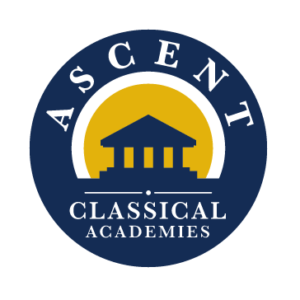Ascent Classical™ Academies’ mission joins instruction in the principles of moral character and civic virtue with a rigorous academic program. Virtue requires both a trained mind and a generous heart, and as such unites our ability to think and reason with our passions, desires, and feelings.
Rarely does a public school speak openly about virtue, since virtue means we judge our actions against an objective standard of beauty or goodness. Instead, most people speak of values, since in our age we are much more comfortable with language that does not make clear discrimination between good and bad. Indeed, to speak of virtue means that we judge some qualities of character to be better than others, and this entails taking a stand in their defense and attempting to cultivate them in our students.
Ascent Classical™ Academies focuses on seven core virtues: Courage, Moderation, Justice, Responsibility, Prudence, Friendship, and Wonder. This list is largely inspired by Aristotle’s Nicomachean Ethics, a great book that our students will read in whole or in part before they graduate. We focus on these virtues because they have withstood the test of time. For over 2000 years, these virtues have guided men and women of every kind toward happiness.

Courage
The disposition, habit, and choice of confronting fear, pain, or evil
Students display courage when they persevere on hard assignments, offer a comment even when they are not fully confident in themselves, or ask a question when they think it might make them look silly. It is also a virtue of enterprise, drive, grit, determination, tenacity, and productivity. Courage is the most necessary and least leisurely of the virtues.

Moderation
The disposition, habit, and choice of resisting illegitimate or ignoble pleasures, and is central to civil conversation
Students are moderate when, despite having something to say in class, they raise their hand patiently to be called upon, and do not get angry or frustrated if they are not called upon. The moderate student also restricts his comments to what is useful and edifying, and focuses his attention less with a critical eye than a genuine openness to be taught.
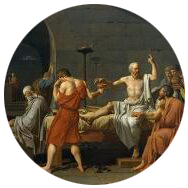
Justice
The disposition, habit, and choice of obeying rules, respecting authority, and treating others fairly
Students show their justice when they respect school and class rules in the absence of a teacher, show consideration towards others in the hallway, and refrain from allowing their interest to dictate rules for others.
Another key aspect of justice is giving honor where honor is due. One of the beautiful things inherent in a classical education is that by reading about heroes, in great books and through history, our estimation of man’s worth increases. That means that we can honor excellence rather than shy away from it, seek to emulate greatness rather than envy, deride, and dismantle it. When students read about the great exploits of Aeneas of Camilla, or learn about the statesmanship of Queen Elizabeth or Winston Churchill, their estimation of what human beings can do increases. They learn to see greatness and to appreciate it. All too often this aspect of justice is overlooked or forgotten.
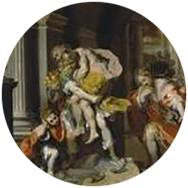
Responsibility
Having a broad and generous view of one’s actions, not only as they relate to one’s own good, but also to the good of others
A quintessentially American excellence of character, first articulated as a virtue in the Federalist Papers. Responsibility means having a broad and generous view of one’s actions, not only as they relate to one’s own good, but also to the good of others. It is responsible to do one’s assigned job well, but even more so to do the job that needs doing but belongs to no one in particular. Responsible students take on those tasks despite the extra effort. Responsibility is, furthermore, the key virtue in starting, maintaining, and improving a charter school, from its founders and donors to its leaders, teachers, parents, and students.
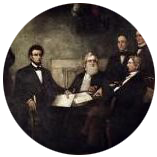
Prudence
The ability to choose well in changing circumstances and in the absence of a rule
The exercise of prudence both depends on the development of the previously discussed virtues and guides their exercise. Students display prudence when they choose what is right without being told, and when they are able to reason well about how rules for the playground or the classroom are best applied in a given situation.

Friendship
The continual, active cultivation of human relationships based on the love of the same things
It relies on a consistent desire to see another do and fare well, to wish for good things for a friend for the friend’s sake. The highest kind of friendship is rooted in a love of the good, true, and beautiful. This is a friendship of the mind, which requires more than the lukewarm “friendliness” that characterizes so much that goes by the name of friendship today. Crucially, a good friend insists on holding friends to these high standards, and encourages others to hold those standards in view so that they may also flourish in life. Students display friendship when they help others make difficult but good choices, and when they do not passively stand by as others make poor or ill-considered choices. Students also display friendship when they join others in the great conversation with authors living and dead.
Virtues like kindness, generosity, goodwill, civility, and tolerance are all good in their own right, and Ascent Classical™ Acadamies does pursue these. At the same time, they are all completed or fulfilled in friendship of the highest type.
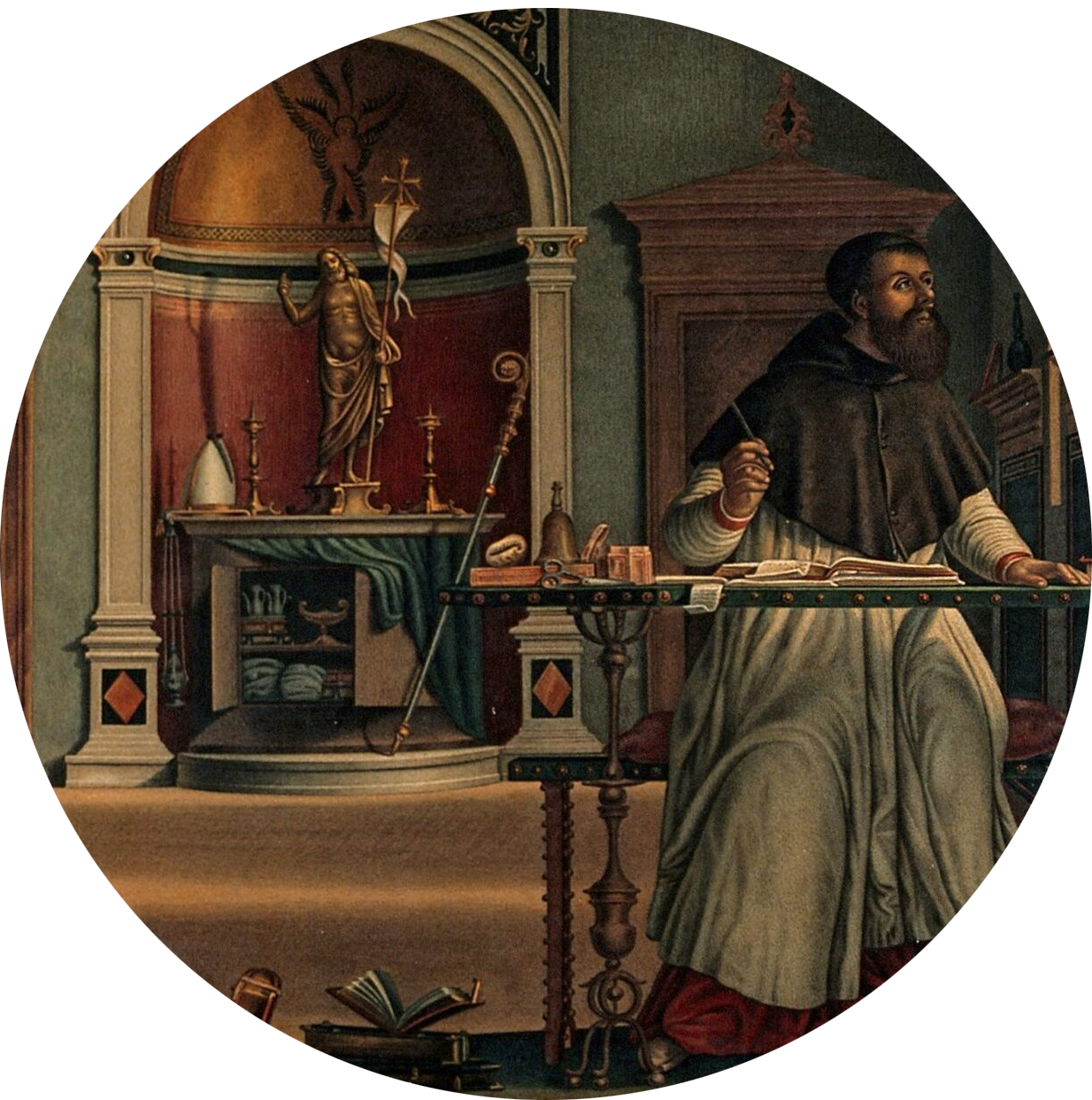
Wonder
The quality, disposition, and habit of being amazed by and open to all that life has to offer
If courage is the most necessary and least leisurely of the virtues, wonder is the least necessary and most leisurely, and therefore the highest. At its root, wonder means to admire, to behold in awe, and to be humbled by what one does not know. It is the root of philosophy and the highest activities of the mind, the spark of all real learning, and the peak of what we hope to cultivate in our students’ minds. Wonder elevates learning above grades and helps create a persistent, interminable thirst for knowledge.
Our work in our schools consists in cultivating these virtues for two related reasons, which together form the core truth of the American Founding. First, happiness consists in the active possession and use of the virtues. While the Declaration of Independence honors the natural right to pursue happiness, it is still true that the way of virtue is the right one. Our Founders did not mean that each may do his own thing, an argument that leads away from virtue, but that each individual is free to pursue happiness through virtue, relying on his or her own strength and free choice. Second, a free and just regime requires an abiding commitment to the cultivation of virtue. Not only are these virtues crucial to happiness, they are crucial to the reinvigoration and defense of our country and regime, and therefore doubly advantageous. At Ascent Classical™ Academies, we gladly defend our great tradition, with confidence that our students will act nobly and think seriously.
